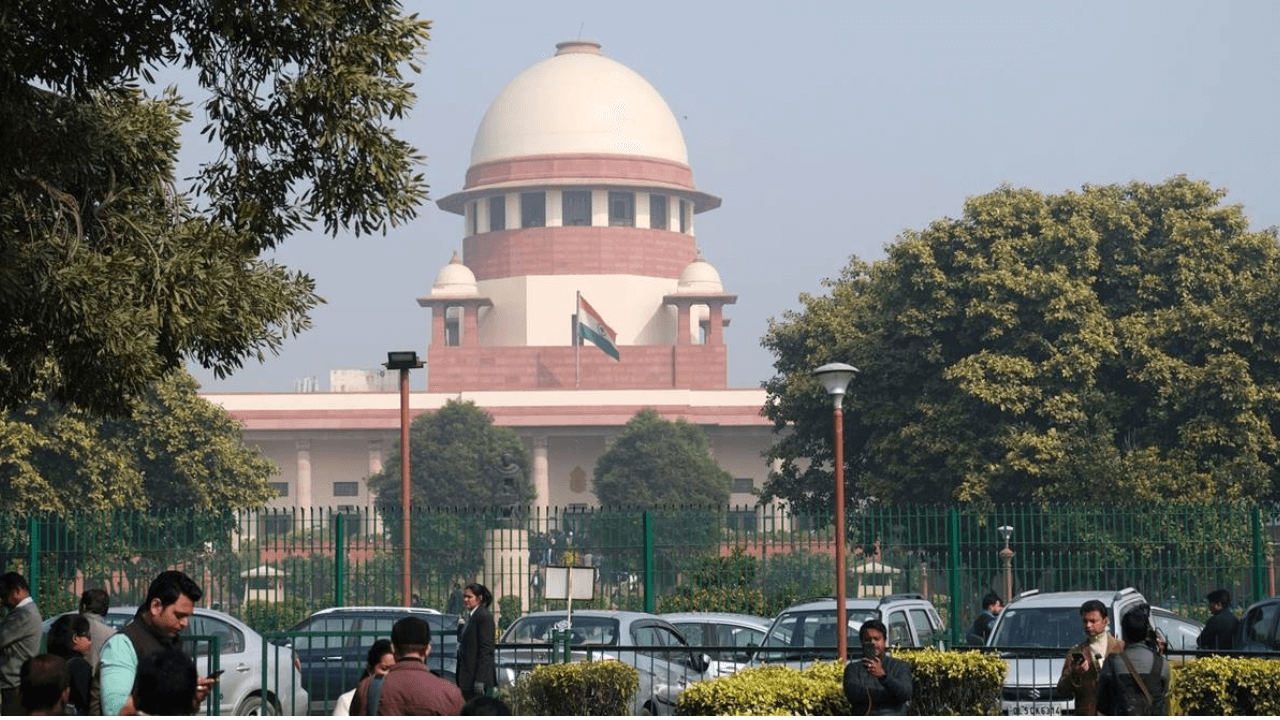The Supreme Court of India has granted divorces based on a “irretrievable breakdown of marriage” under Article 142 of the Constitution. This decision applies when both partners agree to divorce or when one partner wants to divorce but the other does not.
Objective Of This Evaluation
Before awarding a divorce based on a “irretrievable breakdown of marriage,” the court stressed that it must be absolutely convinced and guaranteed that the marriage is beyond repair, devoid of any emotional attachment, and entirely unworkable. It is critical that the factual assessment and evaluation be objective and firm.
Removal Of The Cooling-Off Period
The ruling eliminates the mandatory six-month gap between the initial and subsequent rounds of mutual agreement divorce applications submitted under the Hindu Marriage Act (HMA). Furthermore, the court has the authority to nullify other legal proceedings and orders, such as criminal cases and First Information Reports, based on the parties’ agreement.
Factors Of “Irretrievable Breakdown Of Marriage”
The court provided examples of factors that can aid in determining a “irretrievable breakdown of marriage.” The discretion to employ this power, however, must be grounded in the precise factual circumstances of each instance and examined objectively.
Ending Agony, Suffering, And Torment
The court concluded that taking an overly strict approach in situations involving a “irretrievable breakdown of marriage” is counterproductive because such cases can cause enormous pain, suffering, and harassment while they go unresolved. The court’s obligation is to guarantee that matrimonial disputes are resolved peacefully in order to end the agony, distress, and torture they inflict.
- 3 August Current Affairs 2023 in English
- MoU Between Subroto Mukerjee Sports and Education Society and All India Football Federation (AIFF) to Promote Football at Grassroot Level
- Dr. Mansukh Mandaviya Delivers Keynote Address at the 13th Indian Organ Donation Day ceremony
- Education Ministry Forms Expert Panel on Anti-Discrimination in Higher Education
- Concerns Arise Over Cheetah Deaths at Kuno National Park
